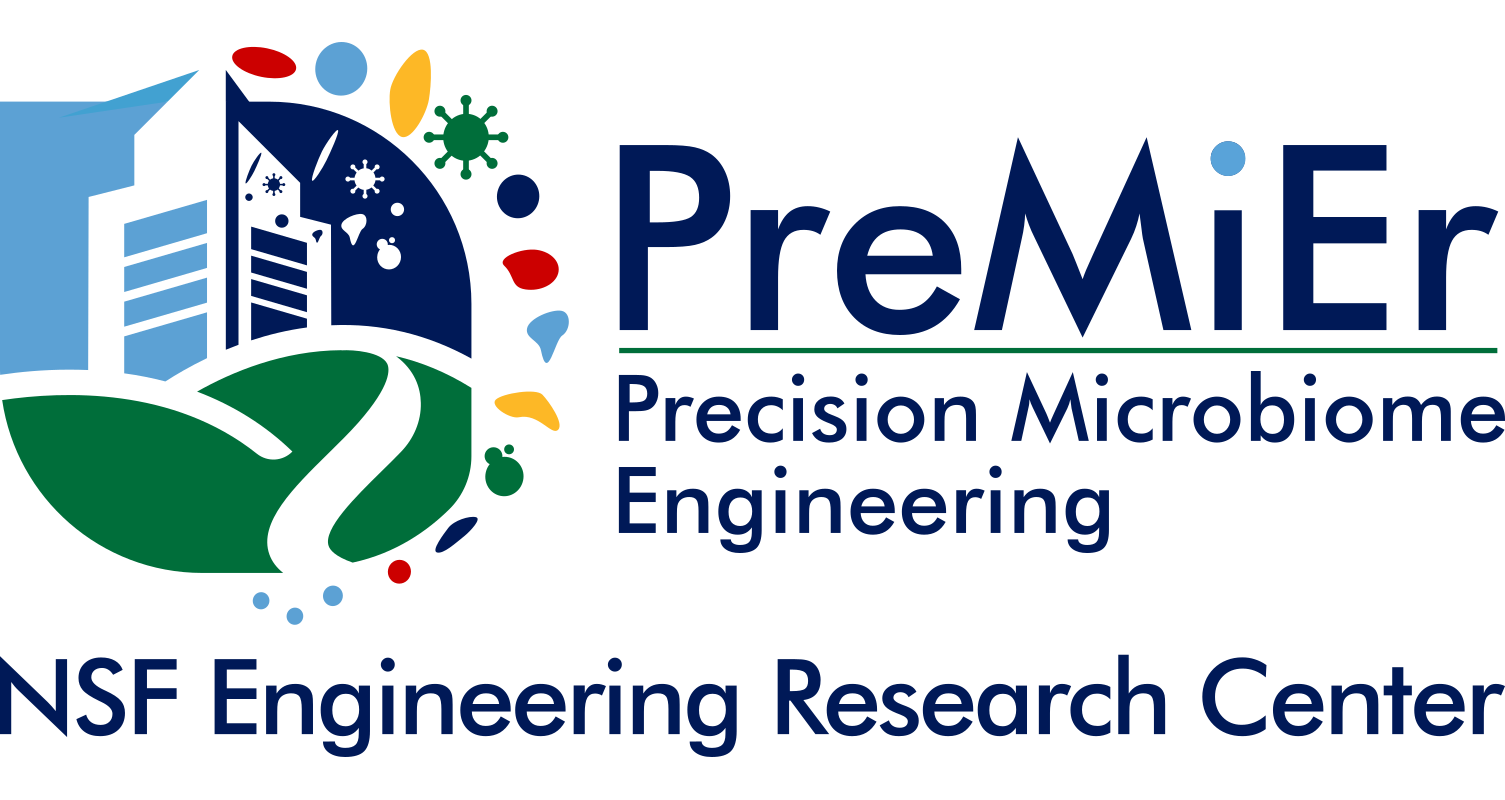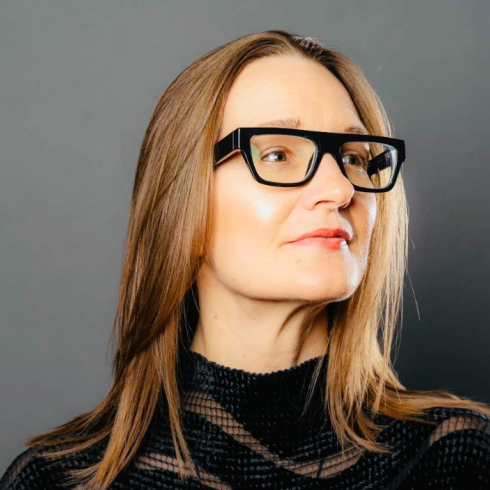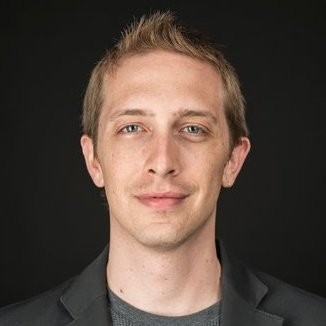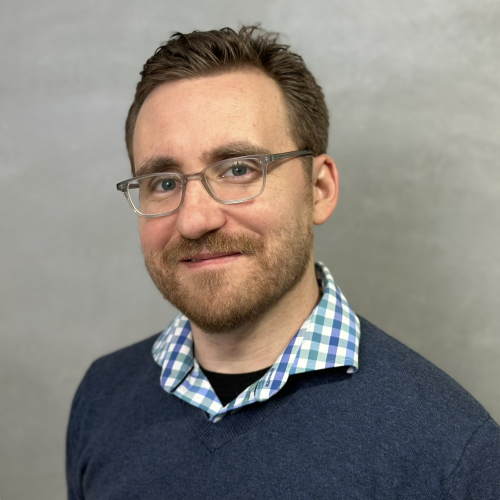Microbiome of the Built Environment (MoBE): Industry Summit

PreMiEr is pleased to invite you to this inaugural symposium in Fall 2024. This event that we are calling an “Industry Summit” is focused on bringing together stakeholders from Industry, non-profits, the public, and regulatory agencies working in the field of the Microbiome of Built-Environment (MoBE). The focus of this inaugural symposium will be to discuss a Roadmap to standard-setting in MoBE.

WHEN
November 6th (full day) and 7th (half day)
WHERE
North Carolina Biotechnology Center
15 TW Alexander Dr, Durham, NC 27709
In Research Triangle Park (RTP), conveniently located between Duke, UNC-Chapel Hill, and NC State Universities
Hotel recommendations here
Background
Microorganisms, including bacteria, viruses, and fungi, can affect the health of humans in a variety of ways. Many harmful microbes such as MRSA, C. diff, SARS-CoV-2, and black mold are associated with tremendous negative societal and economic impact. For instance, hospital acquired infections have an estimated annual cost over $28B and FEMA estimates annual remediation costs associated with flood damage (including mold) at $17B, with that number likely to climb as climate change worsens.
There has also been an observed rise in immune and metabolic diseases. There is clear evidence that the human microbiome plays a critical role in progression of inflammatory modulated diseases and may be also be linked with individual responses to medical regimens.
However, there is growing evidence that specific microbes can be positively correlated with human health. Some microorganisms are associated with protective outcomes, while others may be useful in displacing or out-competing potential pathogens or other harmful microbes.
Most people spend the majority of their time indoors in human-built structures collectively known as the built environment. This environment has its own unique and varied microbiome, which is shaped in part by its human occupants (and vice-versa). PreMiEr seeks to understand the impact of the built environment microbiome on human health and engineer novel solutions to promote beneficial microbes that lead to positive outcomes.
Among our many research questions, PreMiEr researchers are working to identify the tools and approaches for determining how to quantify built-environment health and identifying microbial targets that inform those decisions.
We invite our industry partners and other interested stakeholders to join PreMiEr at our inaugural Industry Summit to discuss this issue, forge partnerships, and move forward with a shared vision. The conference will be focused on developing a roadmap for the development of standards and exploring what major questions must be resolved to enable standards setting.
Conference Focus
Cutting-edge research. Learn more about PreMiEr research projects investigating ways to engineer the built environment microbiome.
Roadmap to standardization. What factors should go into evaluating the “health” of a built environment microbiome?
Networking opportunities. Meet with PreMiEr researchers and scholars as well as industry partners and interested stakeholders.
Poster sessions, oral presentations, panel discussion, and workshops to discuss how best to study, modify, and evaluate the microbiome of the built environment.
Research-direction discussions (for PreMiEr members only). Talks about the direction of current and future PreMiEr research and technologies.
Featured Speakers
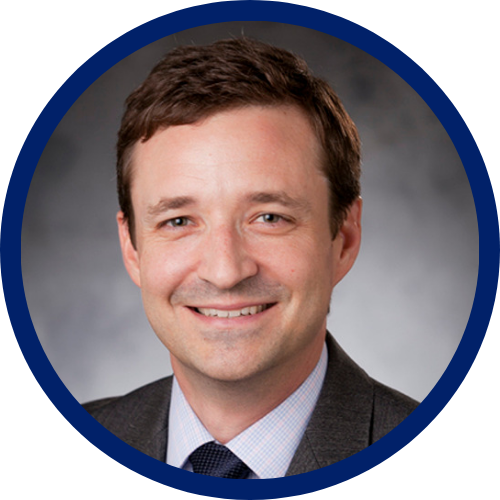
Dr. Deverick Anderson
MD, Professor of Medicine, Duke University Hospitals

Dr. Whitney Austin Gray
Senior Vice President, International WELL Building Institute

Dr. Taylor Penke
Director of Automation and Informatics, Locus Biosciences

